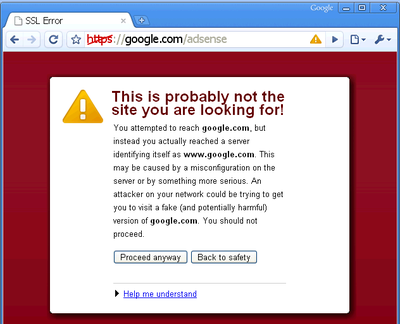Google does/does not censor autocomplete
Krisztina Radosavljevic-Szilagyi, a Google spokeswoman, wrote: "The search queries that you see as part of autocomplete are a reflection of the search activity of all Web users."
Search engines have long provided clues to the topics people look up. But now sites like Google and Bing are showing the precise questions that are most frequently asked, giving everyone a chance to peer virtually over one another's shoulders at private curiosities. And they are revealing interesting patterns.
Frequently asked questions include: When will the world end? Is Neil Armstrong Muslim? Was George Washington gay?
The questions come from a feature that Google calls "autocomplete" and Microsoft calls "autosuggest." These anticipate what you are likely to ask based on questions that other people have asked. Simply type a question starting with a word like "is" or "was," and search engines will start filling in the rest.
People who study online behavior also say the autocomplete feature reveals broader patterns, including indications that the questions people ask of search engines often veer into the sensitive and politically incorrect.
Google does/does not censor autocomplete
The proliferation of the Autocomplete function on popular Web sites is a case in point. Nominally, all it does is complete your search query -- on YouTube, on Google, on Amazon -- before you've finished typing, using an algorithm to predict what you're most likely typing. A nifty feature -- but it, too, reinforces primness.
How so? Consider George Carlin's classic comedy routine "Seven Words You Can Never Say on Television." See how many of those words would autocomplete on your favorite Web site. In my case, YouTube would autocomplete none. Amazon almost none (it also hates "penis" and "vagina"). Of Carlin's seven words, Google would autocomplete only "piss."
Until recently, even the word "bisexual" wouldn't autocomplete at Google; it's only this past August that Google, after many complaints, began to autocomplete some, but not all, queries for that term. In 2010, the hacker magazine 2600 published a long blacklist of similar words. While I didn't verify all 400 of them on Google, a few that I did try -- like "swastika" and "Lolita" -- failed to autocomplete. Is Nabokov not trending in Mountain View? Alas, these algorithms are not particularly bright: unable to distinguish between Nabokov's novel and child pornography, they assume you want the latter.
Why won't tech companies let us freely use terms that already enjoy wide circulation and legitimacy? Do they fashion themselves as our new guardians? Are they too greedy to correct their algorithms' mistakes?
-- EVGENY MOROZOV
Continue reading "Google does (bisexual) /does (gay) not censor autocomplete" »


